- 2Shares
- 1. Warmth Is Wonderful For Vata.
- 2. Eat Juicy And Oily Food.
- 3. Savour The Sweet And Heavy Stuff.
- 4. Favour The Sour Taste.
- 5. Include Salty Food.
There are three doshas (mind-body types) in Ayurveda: Vata, Pitta, and Kapha. Vata dosha is composed of the air and ether elements. When this dosha gets aggravated, it creates not only imbalances related to Vata, but can also negatively impact Pitta as well as Kapha. It’s therefore important to balance it. An easy way to do so is with a Vata dosha diet. So, what does the Vata dosha diet consist of? And what to avoid in a Vata diet?
The Consequences Of Vata Dosha Imbalance
The qualities of Vata are: cold, dry, light, fast-moving, and irregular. So, the Vata body type has such characteristics. When out of balance, Vata people face problems such as:
- Anxiety
- Fatigue
- Insomnia
- Hypertension
- Excess gas
- Arthritis
- Constipation
- Twitching as well as tremors
- Dry skin
- Excess weight loss
- Difficulty in maintaining routines
- Being ungrounded
Vata Diet: The Best Vata Foods
1. Warmth Is Wonderful For Vata.
Warmth in food as well as the environment works wonders for those with Vata aggravation. So always have your food cooked, fresh, and warm. Certain foods naturally have heating properties.
Examples:
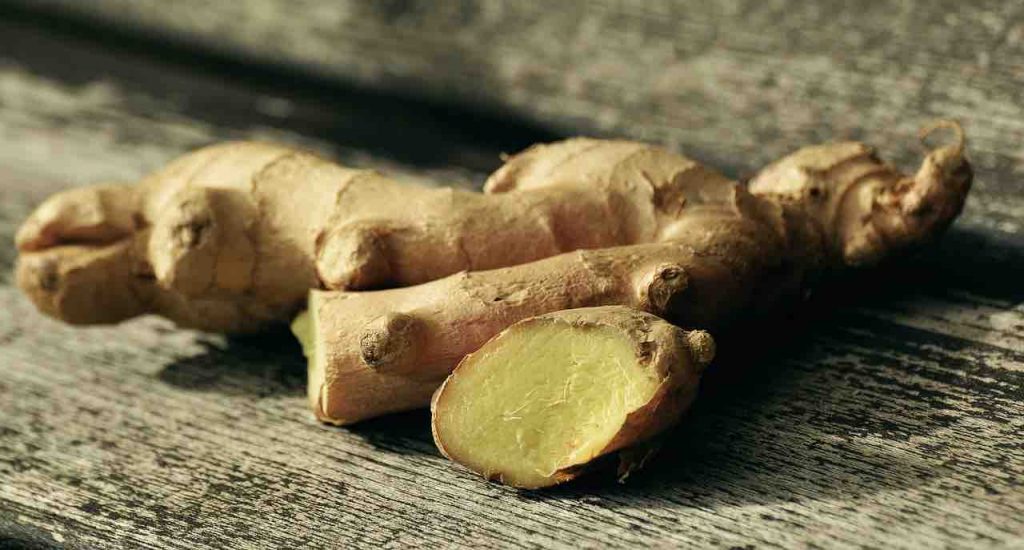
2. Eat Juicy And Oily Food.
Your Vata dosha diet should include plenty of hydrating foods since they combat the light as well as dry nature of the dosha. So, it can tackle issues from dry skin to constipation. Add lots of oil to your food and drink lots of water as well as teas.
Examples:
3. Savour The Sweet And Heavy Stuff.
Sweet food is excellent for Vata imbalance. We’re not talking about processed foods and white sugar, but naturally sweet and heavy foods. They have highly nourishing as well as grounding properties – immensely beneficial for Vata folks.
Examples:
- Milk
- Fresh dates
- Banana
- White rice
- Cashew nuts
- Jaggery
- Fresh paneer (cottage cheese)
- Mango
4. Favour The Sour Taste.
Vata type people benefit a lot from sour food too. Sour food tends to have warming as well as hydrating properties. It improves digestion as well as increases energy levels. So, eat plenty of it.
Examples:
5. Include Salty Food.
The salty taste reduces Vata while increasing Kapha. Just like sour food, salty food also warms and moistens the body. It’s great for boosting appetite and supporting the digestive process.
Examples:
- Salt – use in moderation
- Seaweed
- Soy sauce
Vata Diet: What To Limit?
It’s best for Vata folks to limit food that increases the air as well as ether elements. Such food aggravates Vata-related problems, from gas to insomnia. So, it’s best to eat them in moderation – especially in cold weather. Vata provoking foods have qualities of coldness, rawness, pungency, dryness, bitterness, and lightness. Here are some examples:
- Chilis
- Cayenne pepper
- Raw onions
- Alcohol
- Coffee
- Leafy greens like cabbage and kale
- Sprouts
- Dandelion
- Bitter melon
- Legumes except red lentils and split yellow mung
- White potatoes
- Neem
- Cauliflower
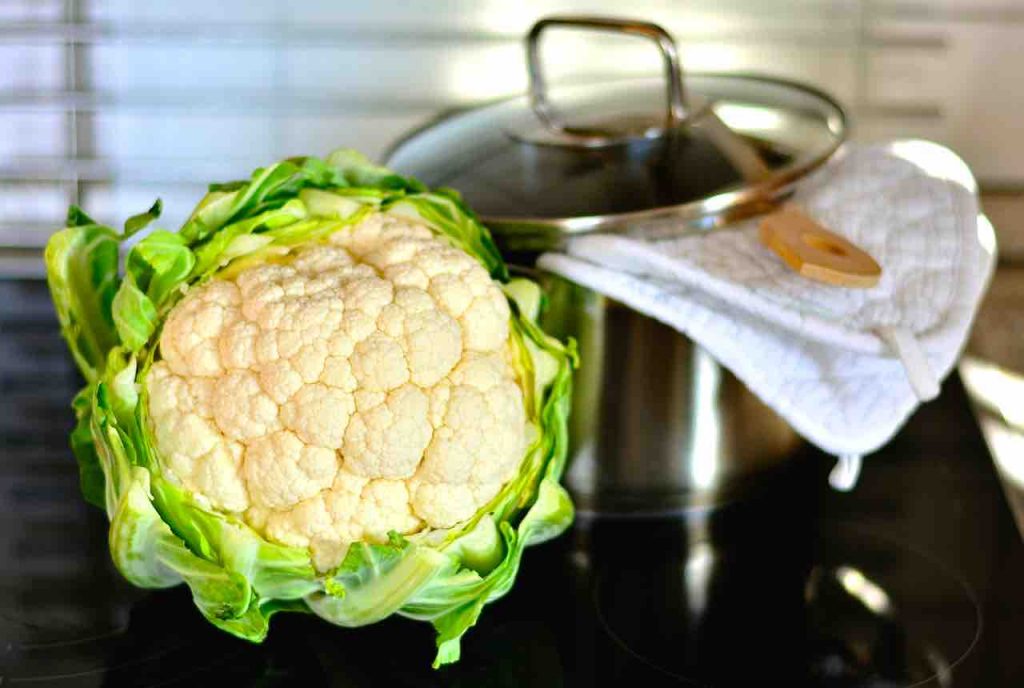
Note: Posts on Ayurvedum are solely for the purpose of sharing the goodness of Ayurveda and bringing awareness about natural and healthy living. Please do not substitute it for professional medical advice. Ingredients discussed can interfere with certain medications. So, before using anything to treat yourself, always consult an Ayurveda doctor or practitioner.

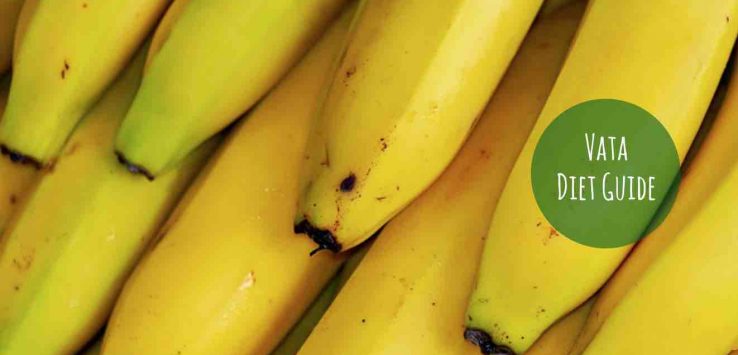
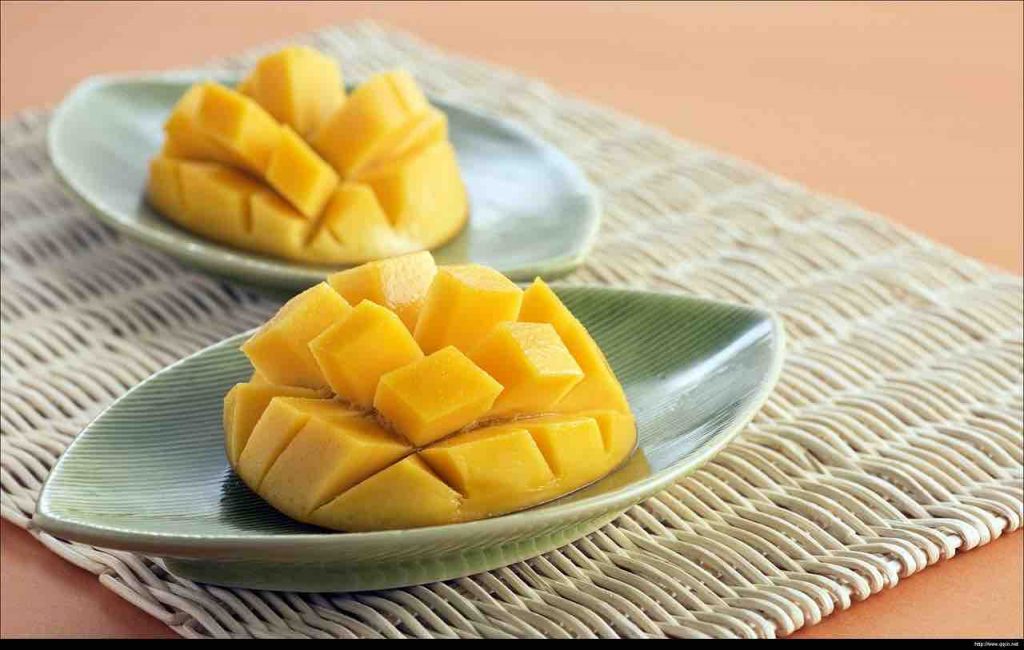
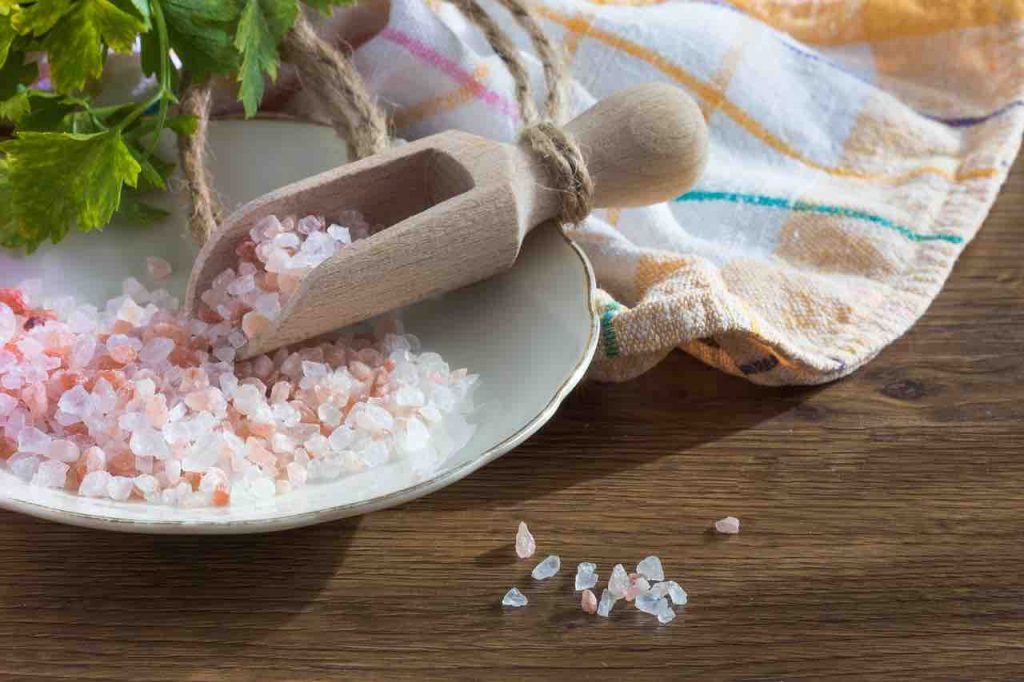




Leave a Reply